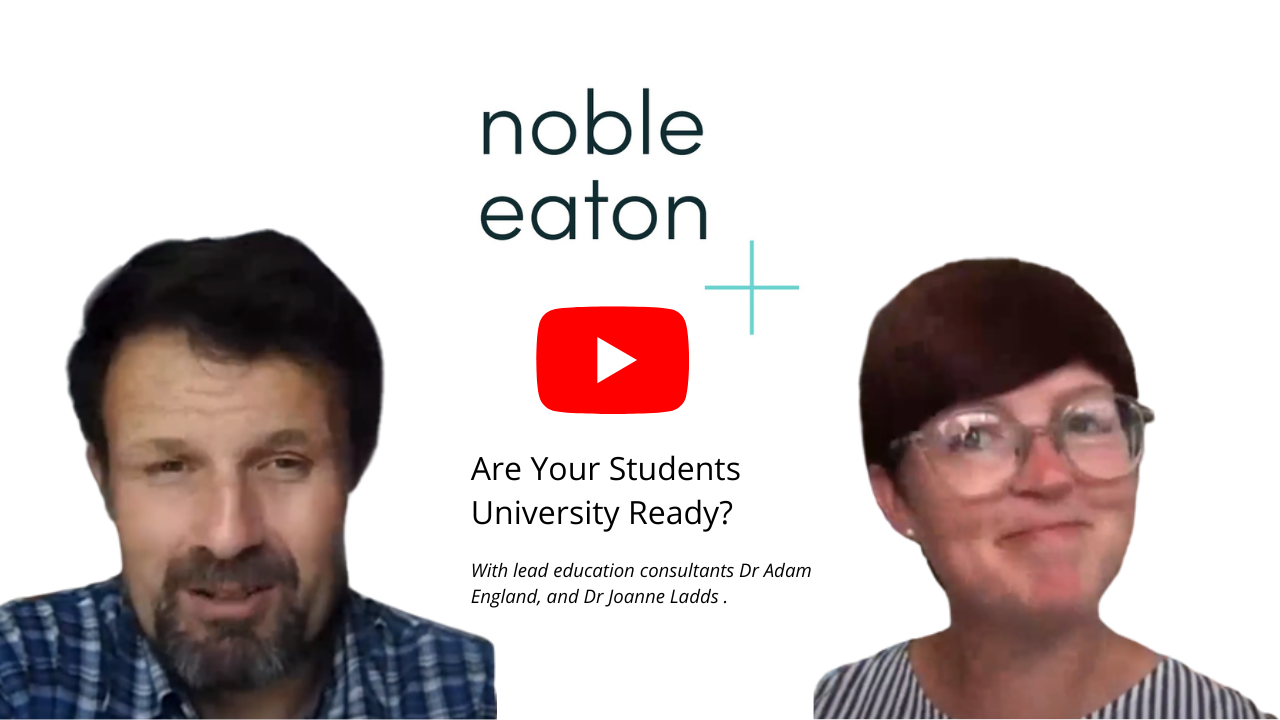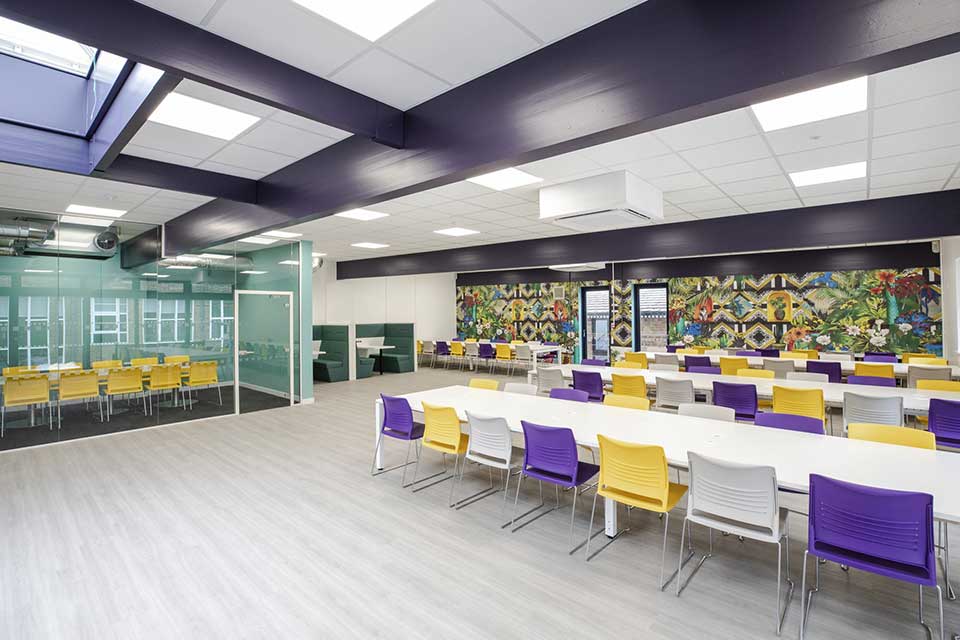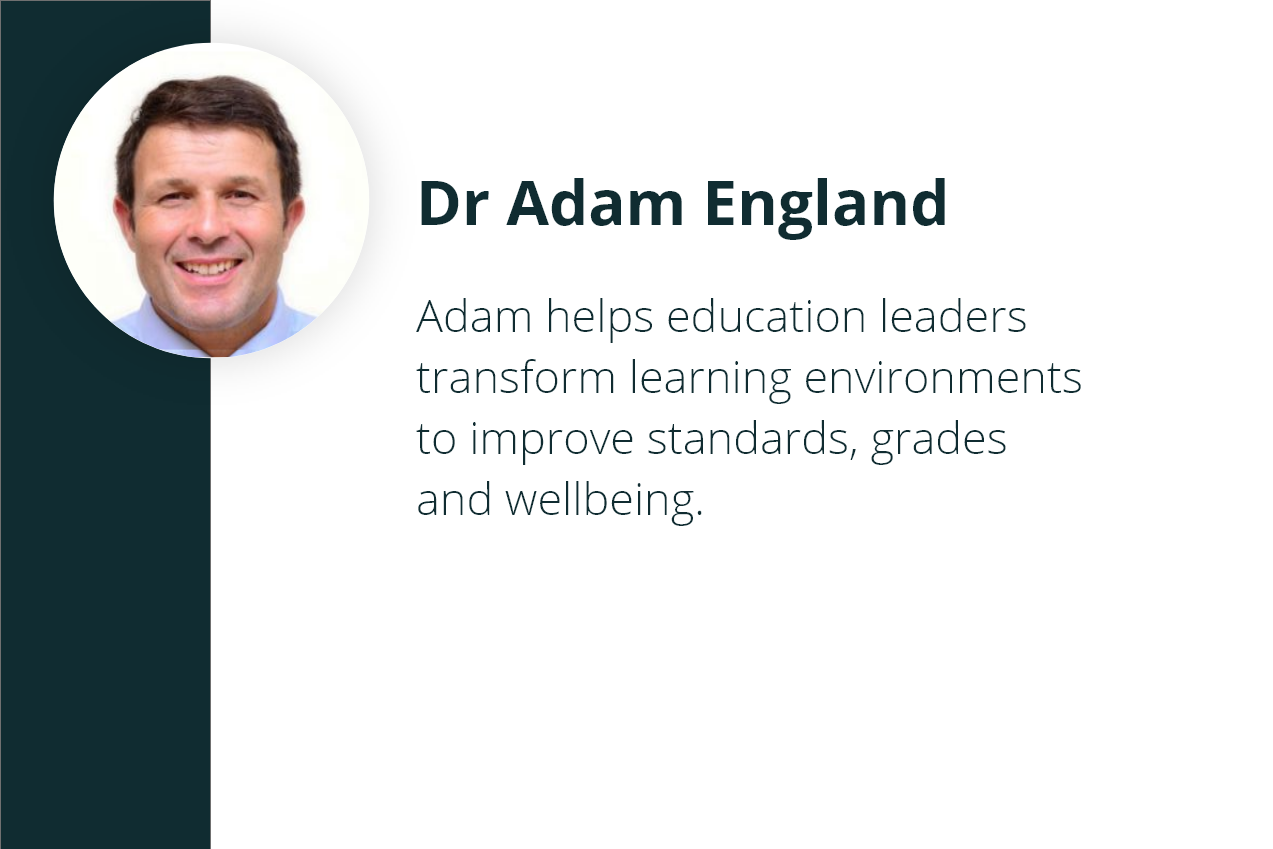Are Your Students University Ready?

https://youtu.be/I5ulQNzn9lc
Are you doing enough to make sure that your students have sufficient character and sufficient mindset development to get to the University of their choice?
It’s an open-ended question. So, myself, Doctor England and my colleague, Doctor Ladds will discuss this in more detail. With so many universities now setting their own entrance assessments, it’s interesting to consider: Why are they doing this? Is it because they don’t have the trust in the A level grades or in the GCSEs? Or is it that students are coming out with these top grades? What is it that schools, teachers, and senior leaders are doing to make their students stand out from the crowd?
My thinking on the matter is this: for so long schools in the UK have created an educational structure that’s essentially designed to breed compliance. We want compliant students, compliant drivers, compliant citizens. When we really need free thinkers, design engineers, innovators, and future forecasters. It’s unfortunate that the types of people we’ll need to succeed as a nation can’t be created by the knowledge generation systems we have today.
So that’s the first point of the rationale. It must change. If Britain is to retain any standing on the global economic stage, we must change the type of graduates that we produce from school. Secondly, and the biggest part of the question is how do we do that? We don’t have the answer, but we have part of the answer. We know that the answer is not just doing GCSEs and A levels. 99% of that content is available online. So, in essence, what’s the point? The question Universities are asking themselves is, how can you differentiate yourself from everyone else? In this case, the answer must be a character, a mindset, and a skill set like Microsoft constantly mentions. The Microsoft Skill suite is all about self-regulation, innovation, collaboration, problem solving, and project-based learning. So, if that’s not the answer, then something like that is going to be.
Are we saying that knowledge versus skills isn’t really an old debate? It’s still here for us to talk about because nothing has really changed! We need schools to take their curriculum and rethink. What do they want to offer? How will it be tracked? Importantly, it isn’t just the attainment which needs to be tracked but also the skills and character development of the learners. This is possible, whilst still completing GCSEs and A Levels.
The corollary to that kind of thinking is: How many GCSEs are needed?
With a PhD and master’s degree background and having worked in the commercial sector for the last year, I tend to think that most of our curriculum and how it’s delivered are simply not fit for purpose. They’re not going to create the character set, the mindset or the skill set to be successful now, or in ten years. Therefore, I would pair it back. I would simply do English, Maths, and a combination of Sciences. Making sure that people were numerate and very good at problem solving, making sure that people were literate and very good at reading for inference, and making sure that people had a very good understanding of science and how to apply it. The rest evolves itself under project-based learning and the support of skill set generation.
Another underrated core skill is listening for understanding. Listening forms part of literacy and is important because effectively, your listening is your USB input that creates the correct neurological pathways in your brain. So, if you don’t listen to understand, then clearly your cognition diminishes. Now if we move on that a little bit, lots of people, they don’t eat together anymore, they don’t ideate together. Therefore, they’re not listening, and this is where schools must make an effort to encourage listening for understanding. I don’t know what the full answer is, however, I know full well that it is a skill that is in decline. It’s in decline because of what’s happening sociologically around schools. We are left with the question of how to integrate listening for understanding into the curriculum.
I think possibly one of the best places to begin is to make sure you have environments that are conducive for listening. Where acoustic management is good and you’re not listening to a very ancient character like myself waffle on at you constantly for forty-five minutes. You need to make sure that you have an environment where the arrangement of your desks, not only the acoustics and the lighting, can enable learners to listen to each other and collaborate in a particular way.
In other words, polymorphic student-centric environments where you have ownership over what you want to do and how you want to do it are crucial. Ironically, we know as teachers that children, and especially teenagers listen more to each other than to us.
We must then ask ourselves: How do we create an environment conducive to peer support through listening to each other?
I believe it is bringing in the flexibility so that students are spending some time listening to each other within a school environment but then blending in technology. Using all those sources that are available where they can listen to others, gather opinions, and then being able to debate about that to inform their own opinions, rather than relying on just one person behind the desk at the front of a classroom. This is quite frankly so Victorian that it really doesn’t deserve a space in our education panoply, but certainly it still seems to take centre stage.
Is technology a crucial part of changing the curriculum and developing the skill of listening?
It occurs to me that the teenagers who are graduating, ages sixteen to eighteen, are much more proficient with technology than I was, or am likely to be. Technology can help in so many different ways, including finding and assessing information outside the classroom and transferring information from their working memory to their long-term memory, so they can use it in a variety of ways. Students should be listening to a variety of different sources of information, not just TikTok or BBC News in order for them to make an informed opinion or to make an informed decision. The world, and its opinions it now available.
Do we think the echo chambers of social media are effectively diminishing listening skills and the art of disagreeing well?
While I was at university there were many environments that fostered that art of disagreeing well. You met quite radical people, but you never felt afraid to disagree in a safe space. I think there are places that still engage with this and try to support students to do it. However, it’s nowhere near as common as it used to be, because going back to what we mentioned at the start of the conversation and it being more about compliance and a list of attributes or behaviours you want to see in a school. We’ve had to go back to that due to the environment we found ourselves in over the last couple of years. In smaller groups, having these conversations and asking each other questions can feel very different from sitting next to someone and feeling supported. Those environments haven’t always been available. So, I think we are in a time where some places are still enabling this to happen, but less so than there has been before.
In essence, the goal is to create small safe spaces around schools for people to have those supportive peer conversations. What the Americans call interspaciality is a form of teaching and learning that is socio-organic. Unfortunately, many UK schools don’t seem to have those small safe spaces, do they? They have been designed to accommodate thirty students, it may have single desks or maybe double desks so that you can rearrange them. However, they don’t have that sense of comfort where you feel you can open up and share what you’re thinking and express your thoughts. This is because a lot of that comes from feeling safe and comfortable in the environment that you are in.
I always felt that at University. In my experience at Warwick, one of the joys was being exposed to a wide range of characters that we wouldn’t have met in our everyday walk of life. Understanding that they had very different viewpoints from your own and disagreeing with them politely was part of that formative experience. My best guess is that at least a significant portion of formative experiences in schools and Universities has decreased during COVID.
Are we going to keep adding to our curriculum?
Schools are providing an enhanced curriculum and co-curricular activities. They’re doing as much as they can to provide as many opportunities to their students as they can. Partnerships, collaborations and having external speakers in all these sorts of things. But at what point do we say, we can’t just keep adding on and adding on? When do we go right: Where is our ethos? What are our ambitions? What are our aims? What is the end goal and how are we planning to get there? Maybe that means changing the curriculum we have and being a little bit more radical, because that’s what we’re trying to accomplish as a community. Your intended curriculum is what you are trying to achieve to support students and teachers at the same time.
Our last thought is: What would be our perfect school’s curriculum and the perfect space to implement it?
The curriculum would emphasize literacy, numeracy, science, problem-solving, self-regulation, collaboration, communication, IT, and project-based learning. You want the space to be flexible, have plenty of natural light, good acoustic management, let the outside in, and above all don’t forget that we learned most of our life lessons on the playing field.
Don’t forget – we really want to hear about your experiences. It’s only by sharing and talking about these experiences and explorations that we will find the optimal combinations to support the broadest range of learners possible.
So please, join our Design Thinkers’ group, share your experiences, talk to us about the iterative facets of what it is you have done and above all else, please remember that by doing that, that is how we will incorporate Design Thinking as an embodiment of successful thinking in schools across the UK and beyond.




